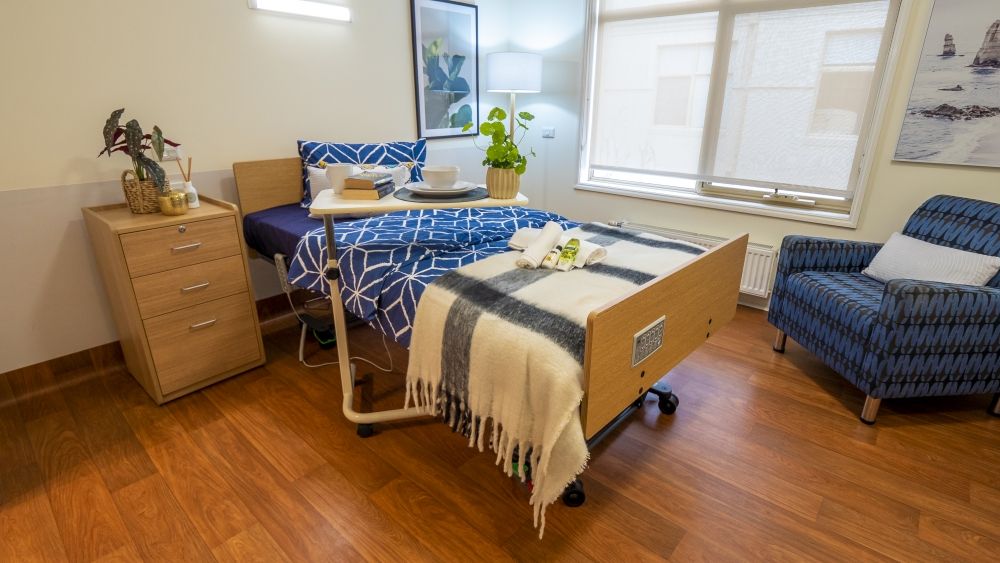Acknowledging Homelessness Week

“When you’re homeless, there are no rules,” says Glenda Walker, the Centre Manager of James Barker House Aged Care Centre (“James Barker House”) in Footscray, Victoria. The Centre that she manages provides 24-hour care for all older people, including those who are marginalised, formally homeless, or at risk of becoming homeless. “It takes a long time to settle people in from that background and we offer safety, we offer security, we offer meals, we offer rules,” Glenda goes on to say of the Centre’s services. "One of the biggest things that we have is a routine of life.”
Glenda highlights the importance of integrating multiple providers that understand the unique needs of this group. “It’s about developing those type of relationships that are empathetic to the client group; that we look after and don’t judge them,” she says. “It’s about collecting names of people that are empathetic to the group at James Barker House.” She emphasises the multilateral approach the Centre takes involving various professionals. “We work very closely with our local hospitals and particularly our mental health areas; psychiatrists and geriatricians because a number of our residents actually have long term mental health issues," she explains.
Glenda also notes the importance of having the time and patience to develop trust with residents. “A lot of them like their own space and a lot of them take a long time to settle into rules,” she says. “For instance, we’ve got people that may have not had a shower for six months. We don’t make that our first priority. Our best priority is to settle them and make sure they feel safe with us. Then we start working on giving them some clothes and then getting them in the shower.”

When it comes to the approach of supporting the residents, Glenda tells of the importance of one-on-one support and interaction, particularly within the Centre’s Lifestyle Program. “Because they’re so used to living a life of themselves and looking after themselves, a lot of our program is orientated around the Lifestyle team doing one-on-one interaction,” Glenda tells. “So, we actually have sessions for socially isolated residents, whether that be by choice or by background.”
When it comes to success, this does indeed look different to that of other aged care centres, with success for James Barker House being underpinned on the notion of providing a non-judgmental approach to care and an unwavering sense of stability. “It’s about being stable; a stable environment, stable staff, stable routine, decreasing their sense of feeling as if they are in danger,” Glenda states. “This is a safe place,” she says of James Barker House. “You can go into your bedroom and shut the door and it’s safe. It really is about offering that safe environment for them, where they are not exposed to the elements or no food.”
“For people that are living rough, they come to us, we give them clothes, we give them shelter, we give them food, we give them water and non-judgmental outcomes. The success is that they stay with us. They don’t leave us; they don’t go back out on the streets and go back to that old lifestyle.”


